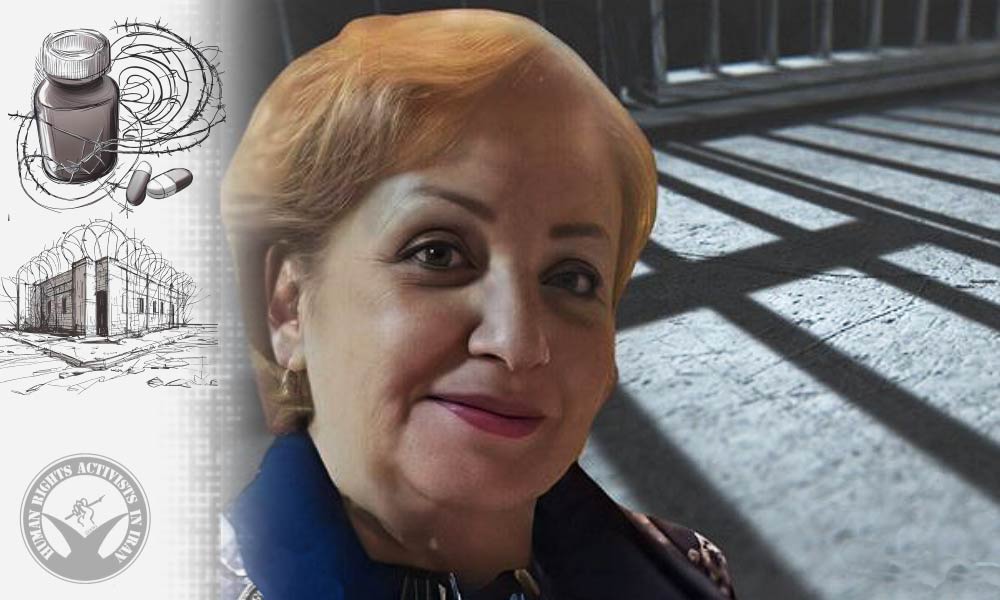Raheleh Rahemipour, a civil rights advocate currently incarcerated in Evin Prison, has been unjustly denied access to crucial medical treatment due to non-compliance with compulsory hijab regulations.
According to a source close to Rahemipour’s family, she is battling multiple serious illnesses, including a brain tumor requiring specialized medical attention. Despite her urgent medical needs, authorities have refused to transfer her to an external hospital solely on the grounds of her refusal to adhere to hijab requirements.
Additionally, reports obtained by HRANA reveal that Rahemipour has been deprived of family visits, exacerbating her isolation and distress.
Rahemipour was briefly hospitalized in late January 2024 due to her deteriorating health, undergoing cardiac angiography before being abruptly returned to prison two days later.
The civil rights activist was initially arrested alongside Jila Karamzadeh Makvandi in Tehran on November 12, 2019, and detained in Ward 2-A of Evin Prison which is under the control of IRGC. After a period on bail, she was indicted by the Tehran Revolutionary Court on charges of “assembly and collusion against national security” and “propaganda against the regime,” leading to a six-year prison sentence beginning in November 2023.




